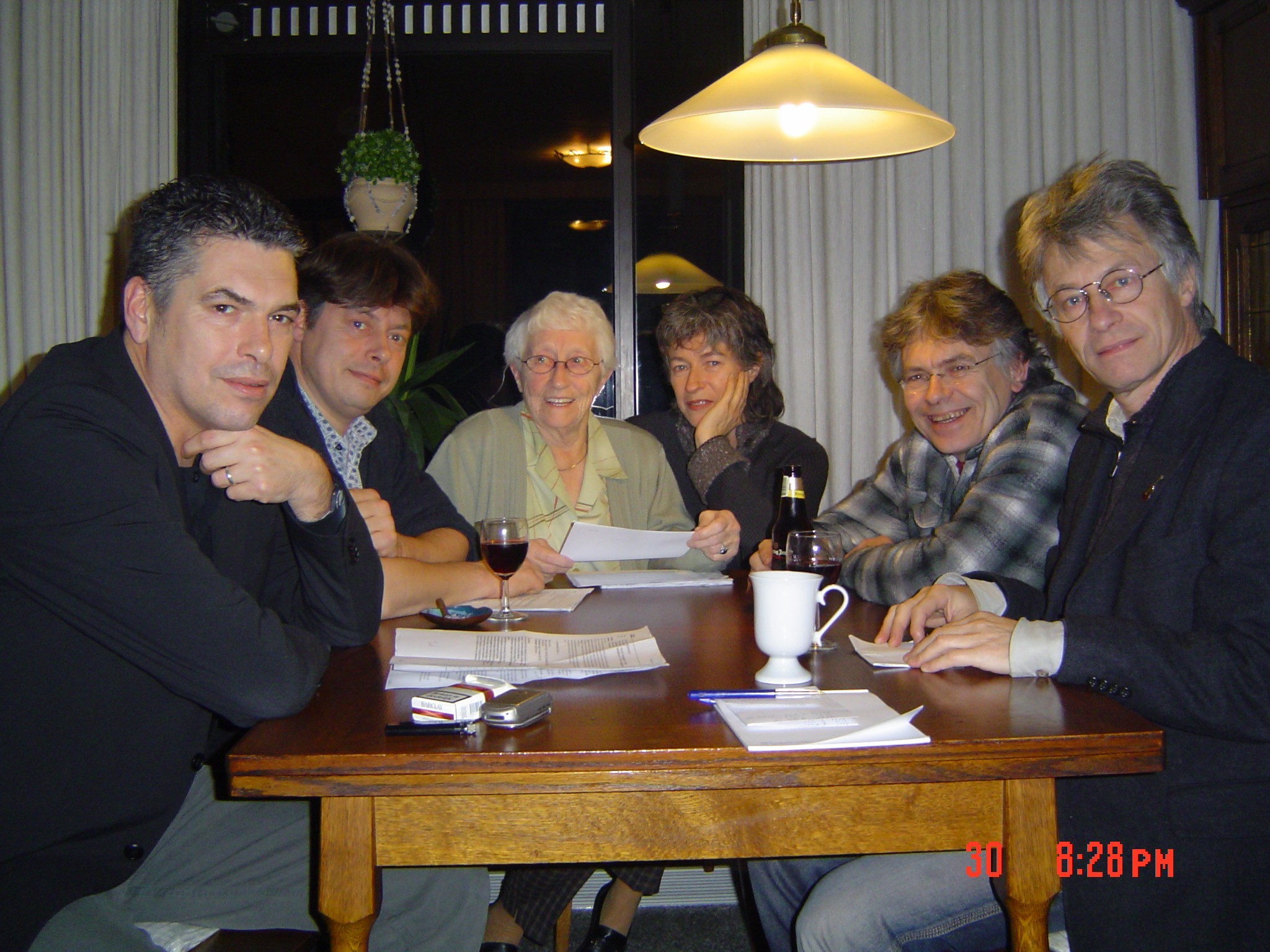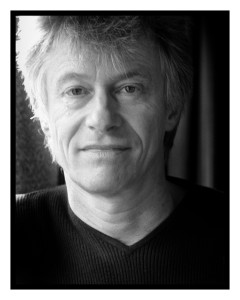Dick Pels (1948) is a sociologist, freelance political writer and singer-songwriter. In previous lives, he was Professor of Sociology & Communications at Brunel University, London, chairman of the left-liberal thinktank Waterland and director of the research foundation of the Dutch Green Party. Among his English books are Property and Power. A Study in Intellectual Rivalry (1998), The Intellectual as Stranger (2000) and Unhastening Science (2003). His Dutch books include De geest van Pim. Het gedachtengoed van een politieke dandy (2003), Een zwak voor Nederland (2005), De economie van de eer (2007), Opium van het volk (2008) and Het volk bestaat niet (2011). A Heart for Europe. The Case for Europatriotism was published in 2016. He also writes and performs songs in the folkblues genre (www.dickpelsmusic.nl). Until recently, he lived on the historic yacht Nymphaea (built in 1917) about which he wrote a cultural biography: Nymphaea. Autobiografie van een jacht (Walburg Pers, 2023).






Dear Doctor Pels,
I’m a graduate student at the University of British Columbia (Sociology and Chinese studies). During the last year I have been wrapping up my MA thesis, a sociologically-inclined intellectual biography of Yuan Shen, a contemporary sociologist based at Tsinghua University and public sociologist/intellectual. Shen is part of the highly political generation, shaped by the last years of Radical Maoism’s reign in Mainland China. I am trying to make sense of his position-takings (thrid position) both in the intellectual and emergent Chinese sociological field during the 1990s.
Thanks to the sependipitous arrangement of libraries, I found your books The Intellectual as Stranger and Unhastening Science. Beautifully (again beautifully) written, inspiring, challenging and thought-provoking, along with Kosseleck, their are certainly some of the most fascinating books I read during my years as a sociology student .
At this point, as I said I am wrapping up my MA thesis but when I will have some time (probably after September) I will write back to share thoughts about your books. I am especially uneasy about the idea of relying on the concept of spokesperson and a varieties of ‘oral’ terms (voice, speaking for) to get at what intellectuals are ‘really’ doing, especially when, as you do in your book Unhastening Science, we acknowledge the literacy mode of intellectual world.
If as Ong explained orality and literacy are two distincts mode of communication, that is, literacy is not simply the objectivication and materialization of utterance but a radically different medium that over time transformed consciousness itself, I feel that by relying on ‘oral’ terms, we analytically remain at a metaphorical level of things.
Hope this message find you well.
François Lachapelle
Hi François,
many thanks for your kind praise, I am grateful that you have found my work inspiring for your own thinking and research on Yuan Shen. I will eagerly await more detailed comments on the issue of spokespersonship. ‘Oral’ terms such as voice and speaking for may indeed be metaphorically constraining, if they are employed to clarify practices such as reading, writing and ‘imaging’, which are normally conducted in silence and within a different time frame (speech is fast – becoming ever faster – while writing is slower – and in its old form is virtually dying out). Interesting e.g. to think about the differences between ‘speaking’ journalists on radio and tv and ‘writing’ journalists (newspapers, weeklies etc.) or between politicians who speak and don’t read and academic intellectuals who read and hence are much more silent during the day. Anyway, these are just a few frivolous throwaway thoughts.
As you can see on the current website (but perhaps not because of all the Dutch), I left my professorship at Brunel University and academia more generally in 2003, and became a freelance political writer writing mostly in my native Dutch (see the Books page). But I have listed a number of English articles and essays on the Essays & Blogs page; most of them are about populism and neonationalism.
I am looking forward to further exchanges, better perhaps to communicate through regular email: info@dickpels.nl
Best wishes,
Dick